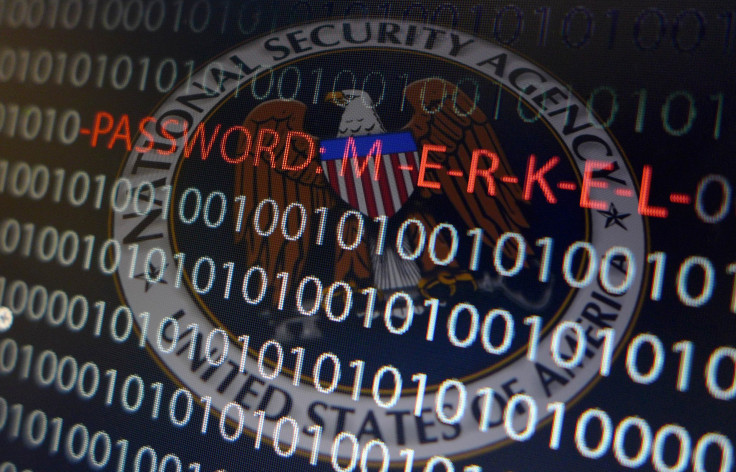Obama Declassifies New CIA Mass Surveillance Rules Day After Pardoning Chelsea Manning

A day after pardoning NSA whistleblower Chelsea Manning on Tuesday, the outgoing administration of President Barack Obama imposed new limits on the CIA’s power to gather private information on U.S. citizens. The new rules, which were also declassified, were posted on the CIA website Wednesday.
The amendment to the rules known as the Attorney General Guidelines (so called because they require sanction from the Department of Justice) are the first of their kind since the rules were first introduced in 1981 through an executive order, number 12333, signed by Ronald Reagan. Classified since then, Wednesday was also the first time the veil of secrecy was lifted from the entire 41 pages of the rules, which are now public.
“We are updating for the 21st century a set of rules that were previously not significantly updated since 1982,” Caroline D. Krass, the general counsel of the CIA, reportedly said during a press briefing at the CIA headquarters in Langley, Virginia. Krass explained the new guidelines, which she referred to as “a very significant milestone for the agency,” took two years to form and were finally signed Tuesday by CIA Director John Brennan and Attorney General Loretta E. Lynch.
The most important change in rules requires the intelligence agency to erase information gathered overseas, including intercepts involving U.S. individuals, from its systems within five years. However, the time limit has been imposed only on what is characterized as the most sensitive information in any electronic form, including cellphone messages and email. Less-sensitive information, on the other hand, can be kept for up to 25 years.
CIA officials also reportedly said that additional safeguards have been put in place that prevents exposure of information about U.S. citizens. These safeguards pertain to agency employees seeking access to the data and include additional levels of permission required for access and record-keeping, and they are to be observed regularly through compliance audits. The frequency of these audits was not mentioned by officials.
The latest rules do not interfere with agency operations such as drone strikes on terror suspect.
Concerns still remain about whether incoming President Donald Trump would override these rules. Trump and members of his national security team have said on record they are in favor of expanding electronic surveillance.
In fact, the changes that were introduced Wednesday — they go into effect mid-March — were partly introduced to comply with a statute Congress enacted in a late-2014 intelligence law that was brought into existence after Edward Snowden, a former National Security Agency contractor exposed information about how the U.S. intelligence agencies tap and collect U.S. citizens' communication.
Officials declined to say if the amendment to the rules were discussed with Rep. Mike Pompeo, who is expected to take over the CIA after director John Brenan retires, sometime this week.
Although in theory, the Trump administration could overhaul the new amendments, officials said Obama’s decision to declassify the rules may make the process more difficult. CIA also reportedly acknowledged that the revisions did not meet the expectations of civil liberty advocates such as the American Civil Liberties Union, according to the Washington Post.
© Copyright IBTimes 2024. All rights reserved.





















